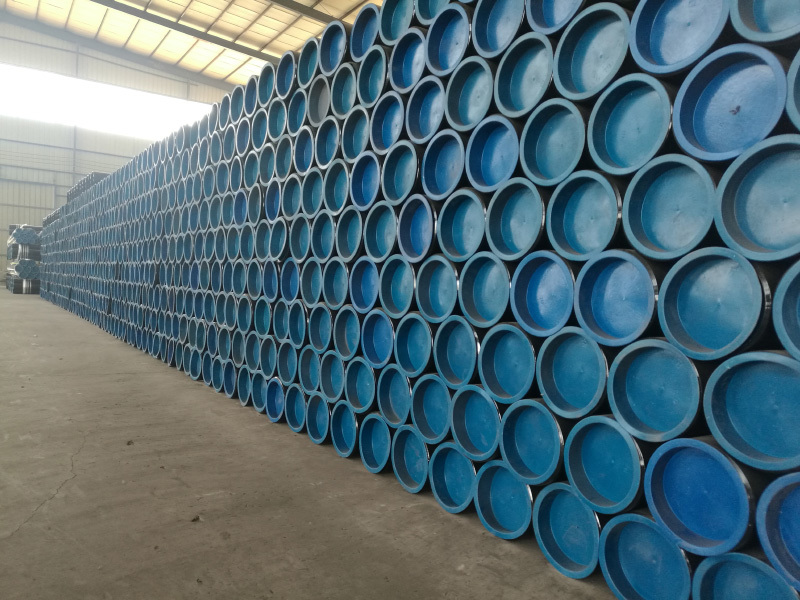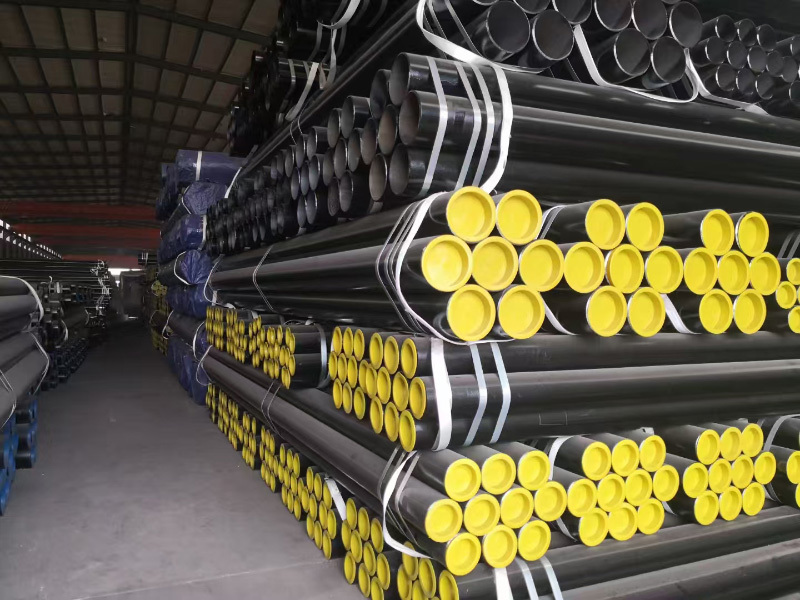Leading Smls Pipe and fittings supplier from China since 1991
Why Forged Flanges Are Essential for Modern Construction Projects
Why Forged Flanges Are Essential for Modern Construction Projects Table of Contents Introduction to Forged Flanges What Are Forged Flanges? Benefits of Using Forged Flanges in Construction 1. Durability and Strength 2. Enhanced Safety Features 3. Customization Options Applications of Forged Flanges in Various Industries
Jul 29,2025

Why Forged Flanges Are Essential for Modern Construction Projects
Table of Contents
- Introduction to Forged Flanges
- What Are Forged Flanges?
- Benefits of Using Forged Flanges in Construction
- Applications of Forged Flanges in Various Industries
- Installation and Maintenance of Forged Flanges
- Choosing the Right Forged Flange for Your Project
- Conclusion
- Frequently Asked Questions (FAQs)
Introduction to Forged Flanges
In the realm of construction and manufacturing, the importance of reliable components cannot be overstated. Among these components, **forged flanges** stand out as vital elements that enhance the structural integrity of various systems. This article aims to delve into the myriad reasons why forged flanges are essential for modern construction projects.
What Are Forged Flanges?
Forged flanges are circular plates with holes that are used to connect pipes, valves, pumps, and other equipment in piping systems. Unlike cast flanges, which are manufactured using a molding process, forged flanges are created by shaping metal under high pressure and temperature. This method enhances their **strength** and **durability**, making them suitable for high-pressure and high-temperature applications.
Benefits of Using Forged Flanges in Construction
Forged flanges offer numerous advantages that make them a preferred choice across various sectors. Below, we explore three primary benefits:
1. Durability and Strength
When it comes to construction, **durability** is non-negotiable. Forged flanges are manufactured from high-quality steel, which endows them with exceptional tensile strength. This strength allows them to withstand extreme pressures and temperatures, making them ideal for industrial applications. The forging process also minimizes the likelihood of defects, resulting in a product that can endure harsh conditions without compromising integrity.
2. Enhanced Safety Features
Safety in construction is paramount, and forged flanges contribute significantly to this aspect. Their robust design reduces the risk of leaks and failures, which can lead to catastrophic accidents. By using forged flanges, companies can ensure a safer working environment. Additionally, the resilience of these flanges minimizes downtime and maintenance costs, further enhancing safety.
3. Customization Options
One of the standout features of forged flanges is the ability to customize them to meet specific project requirements. Manufacturers can produce forged flanges in various sizes, shapes, and materials, allowing for tailored solutions that fit the unique demands of any construction project. This flexibility ensures that engineers can achieve optimal performance in their systems.
Applications of Forged Flanges in Various Industries
Forged flanges find application across numerous sectors due to their reliability and performance. Let's explore some of these key industries:
1. Oil and Gas Industry
In the oil and gas sector, forged flanges are crucial for connecting pipes in pipelines and refineries. The high pressures and corrosive nature of the fluids involved necessitate the use of strong and durable components. Forged flanges ensure leak-proof connections, enhancing operational efficiency and safety.
2. Construction Industry
Within the construction industry, forged flanges are integral to various applications, including HVAC systems, plumbing, and structural frameworks. Their reliability makes them essential for any construction project, ensuring that systems function correctly and safely.
3. Manufacturing Sector
The manufacturing sector also benefits from forged flanges, particularly in machinery and equipment assembly. They provide reliable connections that are crucial for operational efficiency, contributing to the overall productivity of manufacturing processes.
Installation and Maintenance of Forged Flanges
Proper installation and maintenance of forged flanges are vital for ensuring their functionality and longevity. Here are some key points to consider:
- **Installation**: When installing forged flanges, ensure that all surfaces are clean and free from debris. Use the appropriate gaskets and bolting materials to achieve a secure connection. It’s essential to follow industry standards and manufacturer guidelines to avoid complications.
- **Maintenance**: Regular inspection of flanges is crucial. Look for signs of wear, corrosion, or deformation. Any irregularities should be addressed immediately to prevent failures. Scheduled maintenance can significantly extend the life of forged flanges.
Choosing the Right Forged Flange for Your Project
Selecting the appropriate forged flange involves several considerations:
1. **Material**: Choose a material that suits your project’s requirements, considering factors like temperature, pressure, and corrosive elements.
2. **Size**: Ensure that the flange size matches the pipes and equipment being connected.
3. **Type**: Different types of flanges, such as slip-on, blind, or weld neck, serve different purposes. Understanding these differences can help you make an informed choice.
Conclusion
In summary, forged flanges are indispensable components in modern construction projects. Their strength, durability, and versatility make them a fundamental choice across various industries, including oil and gas, construction, and manufacturing. By investing in high-quality forged flanges, construction professionals can ensure safety, efficiency, and longevity in their projects. As the demand for robust and reliable construction materials continues to grow, forged flanges will undoubtedly remain essential for meeting these challenges.
Frequently Asked Questions (FAQs)
1. What materials are used to manufacture forged flanges?
Most forged flanges are made from carbon steel, stainless steel, or alloy steel, depending on the application.
2. How do I know if a forged flange is suitable for my project?
Evaluate the project’s pressure, temperature, and environmental conditions to determine the appropriate material and type of flange.
3. Can forged flanges be reused?
Yes, forged flanges can be reused if they are inspected for damage and wear before reinstallation.
4. What is the difference between forged flanges and cast flanges?
Forged flanges are stronger and more durable than cast flanges due to the manufacturing process that compresses the metal.
5. Are there any standards for forged flanges?
Yes, forged flanges must comply with various industry standards, such as ASME and ANSI, which dictate their design and manufacturing processes.
Incorporating forged flanges into construction projects not only enhances safety and efficiency but also signifies a commitment to quality in engineering. With their myriad advantages, they are a cornerstone of modern construction practices.
Hot Tags:
PREVIOUS:






